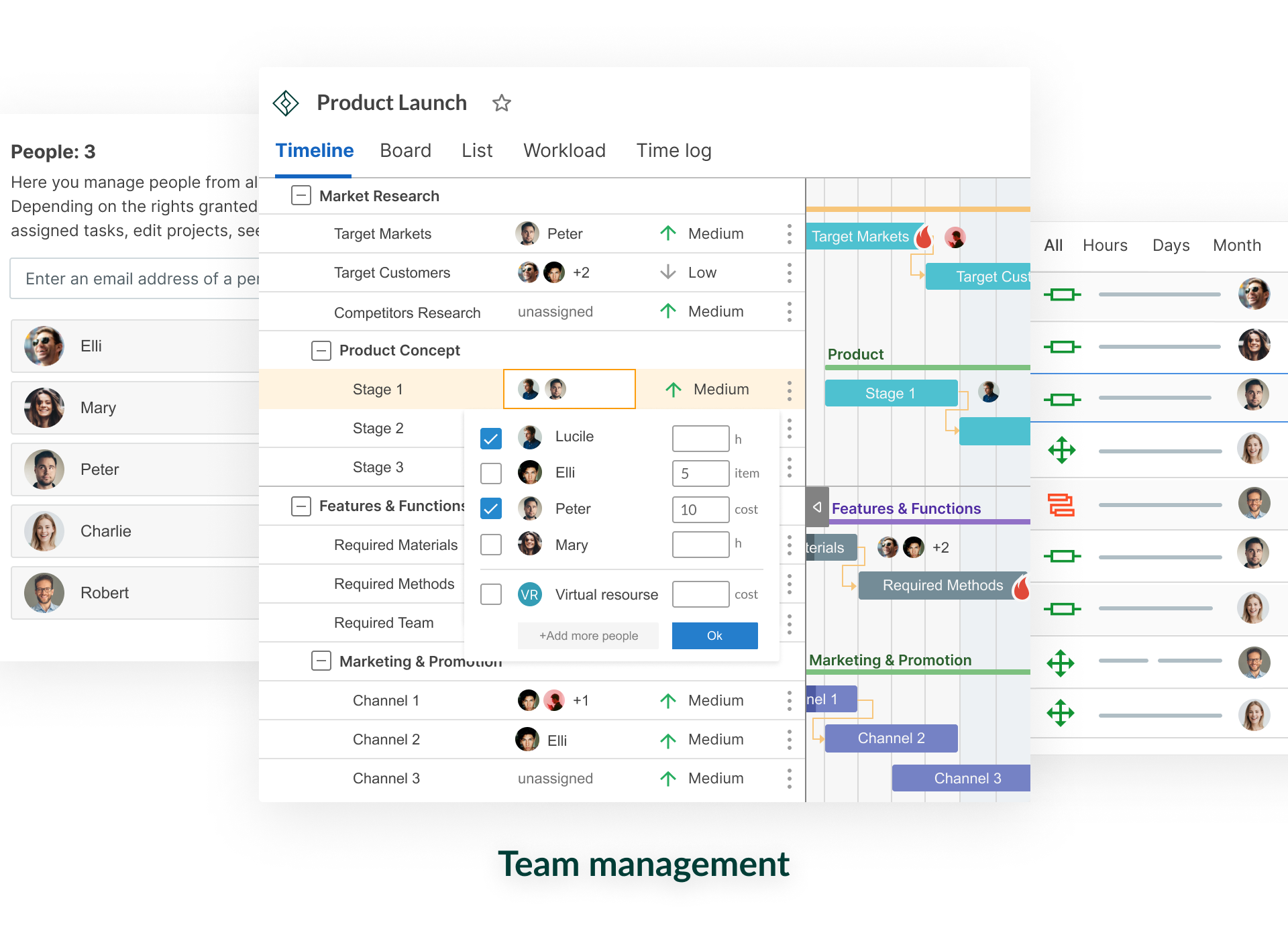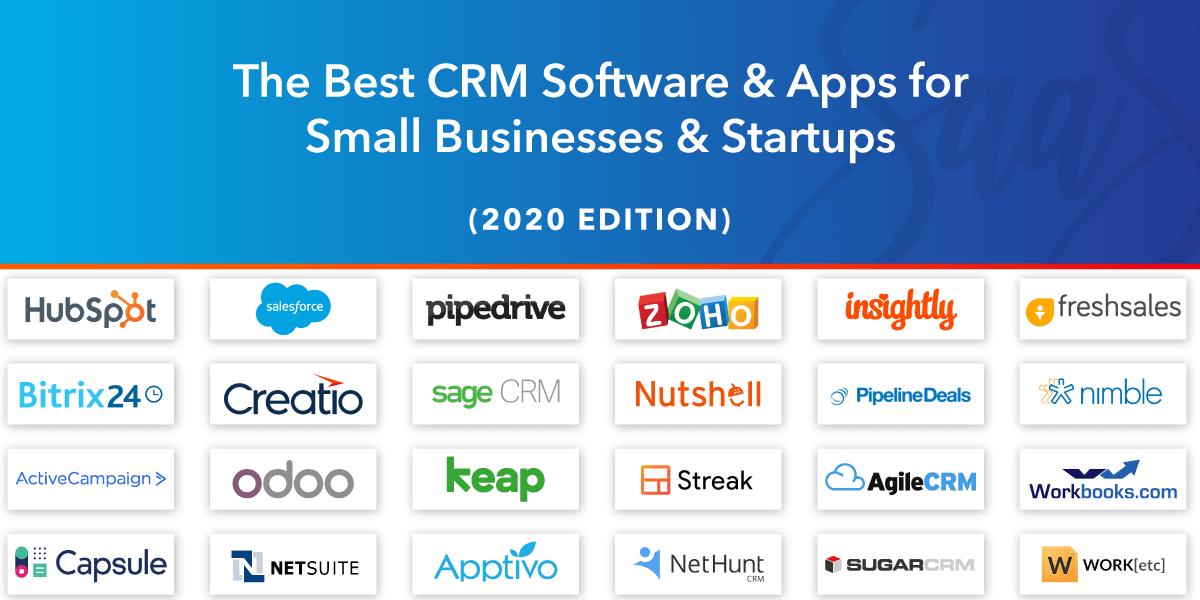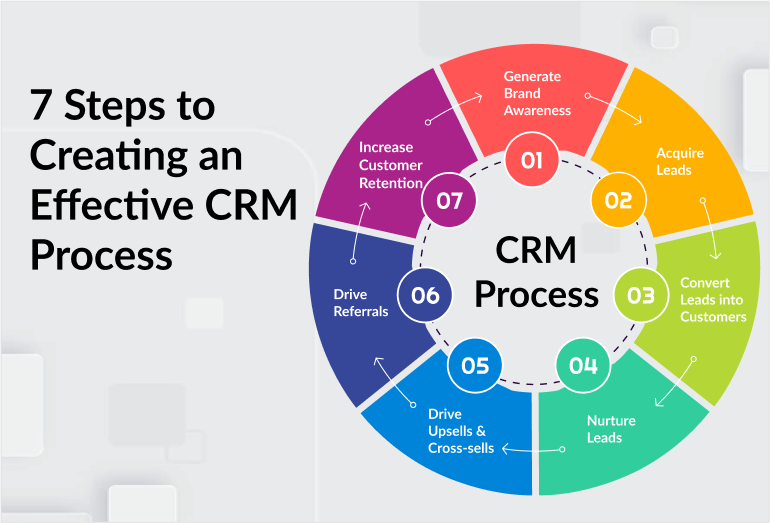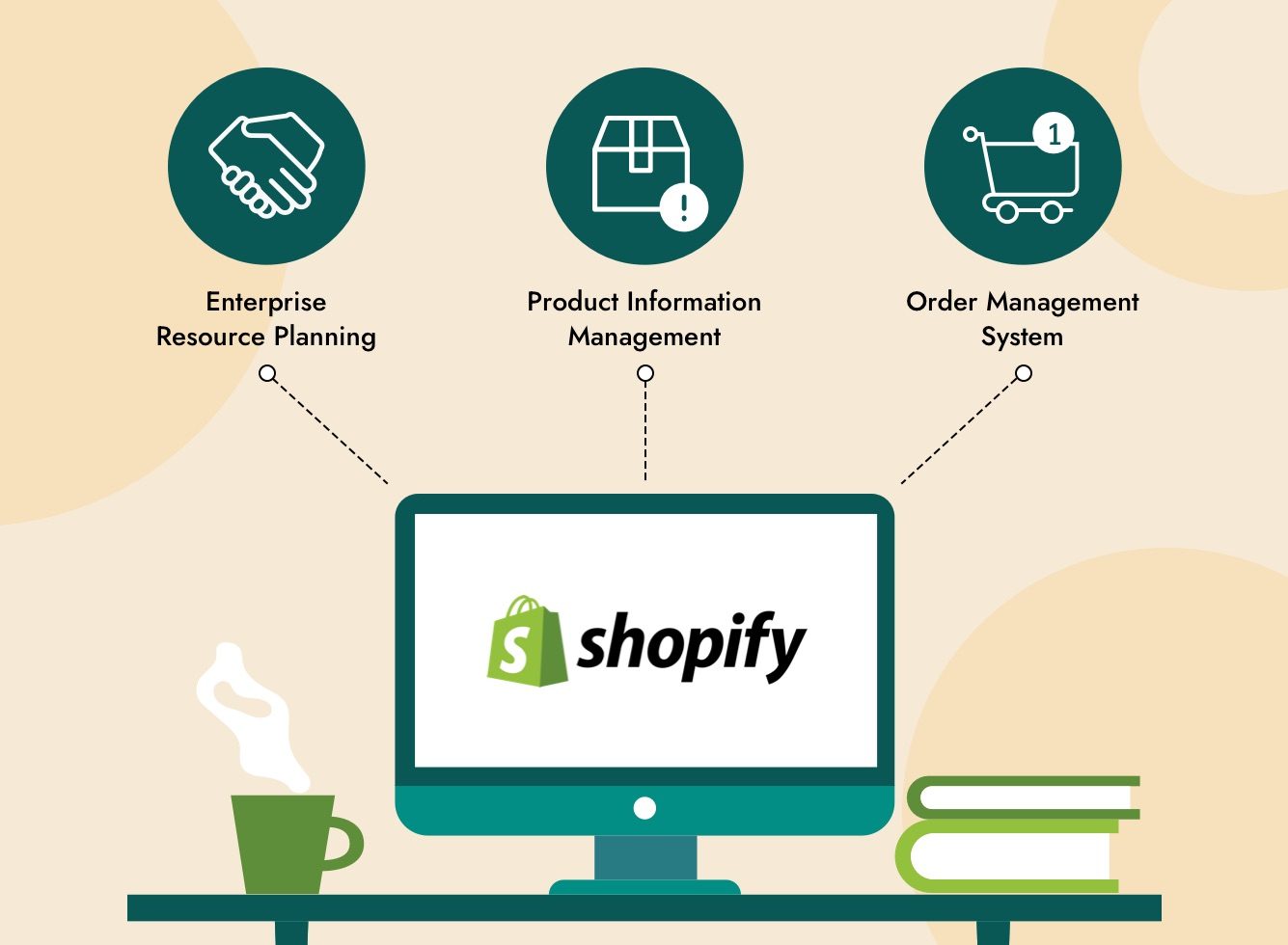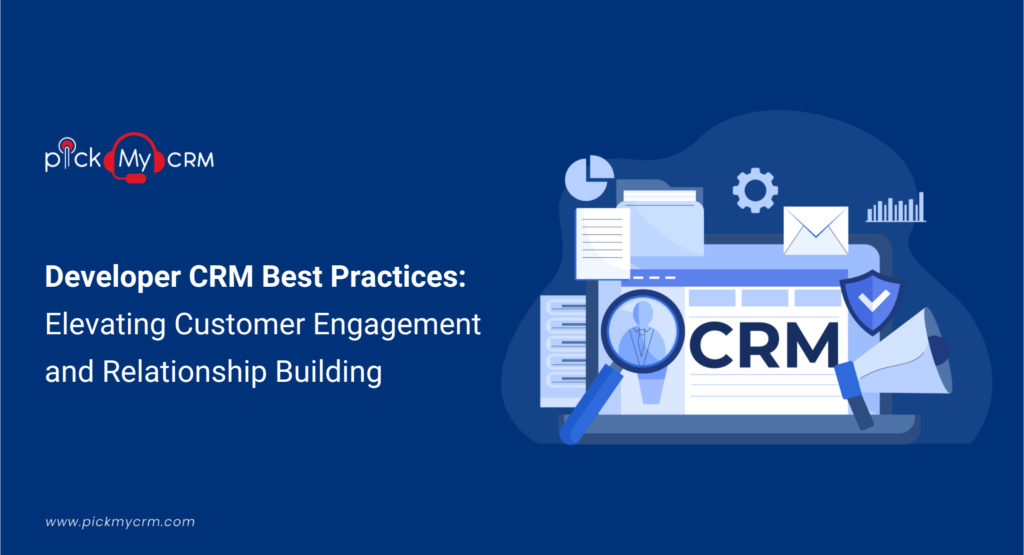
CRM Marketing for Beginners: Your Ultimate Guide to Customer Relationship Management
So, you’re diving into the world of Customer Relationship Management (CRM) marketing? Awesome! It’s a game-changer for businesses of all sizes. But let’s be honest, it can feel a bit overwhelming at first. Don’t worry, though. This guide is designed specifically for beginners. We’ll break down everything you need to know about CRM marketing, from the basics to practical tips, and help you get started on the right foot. Think of it as your friendly roadmap to mastering CRM and building stronger, more profitable customer relationships.
What is CRM Marketing, Anyway?
Let’s start with the fundamentals. CRM marketing is all about using a CRM system to manage and analyze customer interactions and data throughout the customer lifecycle. It’s not just about storing contact information; it’s about understanding your customers better, personalizing your marketing efforts, and ultimately, driving sales and fostering loyalty. In essence, CRM marketing empowers you to treat each customer as an individual, not just a number.
Think of it like this: Imagine you’re running a small coffee shop. You know your regulars by name, what they order, and maybe even a little bit about their lives. That personal touch is what makes them keep coming back. CRM marketing allows you to replicate that personalized experience, but on a much larger scale, even if you’re managing thousands or millions of customers.
Why is CRM Marketing Important? The Benefits are Real.
Now, you might be wondering, “Why should I bother with CRM marketing?” Well, the benefits are numerous and can significantly impact your bottom line. Here are some key advantages:
- Improved Customer Relationships: CRM helps you understand your customers’ needs, preferences, and behaviors. This allows you to tailor your interactions and provide a more personalized experience, leading to stronger relationships and increased customer loyalty.
- Increased Sales and Revenue: By understanding your customers better, you can identify upselling and cross-selling opportunities, personalize product recommendations, and target your marketing efforts more effectively. This translates to higher sales and increased revenue.
- Enhanced Customer Retention: Happy customers are repeat customers. CRM helps you identify at-risk customers and proactively address their concerns, preventing them from churning.
- Streamlined Marketing Efforts: CRM integrates all your customer data into a single platform, allowing you to automate marketing tasks, segment your audience, and track the performance of your campaigns.
- Better Decision-Making: CRM provides valuable insights into your customers’ behavior, allowing you to make data-driven decisions about your marketing strategies and resource allocation.
- Increased Efficiency: Automating tasks and streamlining workflows frees up your team to focus on more strategic initiatives, leading to increased productivity and efficiency.
- Improved Customer Service: CRM provides customer service teams with a 360-degree view of each customer, allowing them to provide faster, more personalized, and more effective support.
Key Components of a CRM System
Before we delve deeper, let’s take a quick look at the essential components of a CRM system. Understanding these elements will help you navigate the CRM landscape with more confidence.
- Contact Management: This is the core of any CRM system. It allows you to store and manage all your customer data, including contact information, communication history, and purchase history.
- Sales Force Automation (SFA): SFA tools help you manage your sales pipeline, track leads, and automate sales tasks. This can include lead scoring, opportunity management, and sales forecasting.
- Marketing Automation: Marketing automation tools allow you to automate marketing tasks, such as email campaigns, social media posting, and lead nurturing.
- Customer Service and Support: CRM systems often include features for managing customer service requests, tracking support tickets, and providing self-service resources.
- Analytics and Reporting: CRM systems provide dashboards and reports that allow you to track key metrics, analyze customer behavior, and measure the performance of your marketing efforts.
Getting Started with CRM Marketing: Your Step-by-Step Guide
Alright, now that you have a solid understanding of the basics, let’s get down to the practical stuff. Here’s a step-by-step guide to help you get started with CRM marketing:
1. Choose the Right CRM System
This is arguably the most crucial step. Selecting the right CRM system can make or break your CRM marketing efforts. Consider these factors when making your decision:
- Your Business Needs: What are your specific goals and requirements? Do you need a system that focuses on sales, marketing, customer service, or all three?
- Your Budget: CRM systems range in price from free to enterprise-level. Determine your budget and choose a system that fits your financial constraints.
- Scalability: Choose a system that can grow with your business. Consider your future needs and make sure the system can accommodate them.
- Ease of Use: The system should be user-friendly and easy to learn. Look for a system with a clean interface and intuitive features.
- Integration: Consider how the CRM system will integrate with your existing tools and systems, such as your website, email marketing platform, and social media channels.
- Features: Make a list of essential features, such as contact management, sales force automation, marketing automation, and reporting.
Some popular CRM systems for beginners include:
- HubSpot CRM: A free, all-in-one CRM platform with a user-friendly interface and a wide range of features.
- Zoho CRM: A feature-rich CRM system with a variety of pricing plans to suit different budgets.
- Pipedrive: A sales-focused CRM system designed for small businesses and startups.
- Freshsales: A sales CRM with built-in features like phone, email, and chat.
- Less Annoying CRM: As the name suggests, this is a simple and easy-to-use CRM for small businesses.
2. Set Up Your CRM System
Once you’ve chosen your CRM system, it’s time to set it up. This involves:
- Importing Your Data: Import your existing customer data into the CRM system. Make sure your data is clean and organized before importing.
- Customizing Your CRM: Customize the system to fit your business needs. This may involve creating custom fields, configuring workflows, and setting up integrations.
- Training Your Team: Train your team on how to use the CRM system. Provide them with the necessary resources and support.
3. Define Your CRM Marketing Strategy
A well-defined strategy is essential for success. Consider these elements when developing your CRM marketing strategy:
- Define Your Goals: What do you want to achieve with CRM marketing? Increase sales? Improve customer retention? Set specific, measurable, achievable, relevant, and time-bound (SMART) goals.
- Identify Your Target Audience: Who are your ideal customers? Create customer personas to understand their needs, preferences, and behaviors.
- Segment Your Audience: Divide your customers into segments based on their demographics, behavior, and purchase history. This allows you to personalize your marketing efforts.
- Develop a Communication Plan: Plan your communication strategy, including the types of messages you’ll send, the channels you’ll use, and the frequency of your communications.
- Choose Your Marketing Channels: Determine which channels you’ll use to reach your customers, such as email, social media, and SMS.
- Create Engaging Content: Develop high-quality content that resonates with your target audience and provides value.
- Track Your Results: Monitor your key metrics and track the performance of your campaigns. Use this data to refine your strategy and improve your results.
4. Implement Your CRM Marketing Campaigns
Now it’s time to put your strategy into action. Here are some examples of CRM marketing campaigns you can implement:
- Welcome Emails: Send a welcome email to new customers to introduce your brand and provide valuable information.
- Personalized Product Recommendations: Recommend products based on customers’ past purchases or browsing history.
- Abandoned Cart Emails: Send an email to customers who have abandoned their shopping carts, reminding them of the items they left behind.
- Birthday Emails: Send a birthday email to customers with a special offer or promotion.
- Re-engagement Campaigns: Send an email to inactive customers to re-engage them and encourage them to make a purchase.
- Loyalty Programs: Reward loyal customers with exclusive offers, discounts, and other perks.
- Customer Surveys: Gather feedback from customers to understand their needs and preferences.
- Customer Service Automation: Automate customer service tasks, such as answering frequently asked questions and resolving common issues.
5. Analyze, Optimize, and Repeat
CRM marketing is an ongoing process. Regularly analyze your results, identify areas for improvement, and refine your strategy. Use the data you collect to optimize your campaigns and improve your results. The key is to continuously learn and adapt.
CRM Marketing Best Practices for Beginners
To maximize your chances of success, keep these best practices in mind:
- Focus on Data Quality: Accurate and up-to-date data is essential for effective CRM marketing. Regularly clean and update your data to ensure its accuracy.
- Personalize Your Communications: Tailor your messages to each customer’s individual needs and preferences. Use their name, reference their past purchases, and provide relevant information.
- Automate Where Possible: Automate repetitive tasks to save time and improve efficiency. Use marketing automation tools to streamline your campaigns.
- Segment Your Audience: Divide your customers into segments based on their characteristics and behaviors. This allows you to personalize your messages and target your efforts more effectively.
- Test and Optimize: Test different versions of your campaigns to see what works best. Use A/B testing to optimize your email subject lines, content, and calls to action.
- Provide Excellent Customer Service: Respond to customer inquiries promptly and provide helpful support. This will build customer loyalty and encourage repeat business.
- Integrate Your Systems: Integrate your CRM system with your other marketing tools, such as your email marketing platform and social media channels. This will streamline your workflows and provide a more holistic view of your customers.
- Stay Compliant: Be mindful of data privacy regulations, such as GDPR and CCPA. Obtain consent from your customers before collecting their data and provide them with the ability to opt-out of your communications.
- Train Your Team: Provide your team with the necessary training and support to use the CRM system effectively. This will ensure that everyone is on the same page and working towards the same goals.
- Be Patient: CRM marketing takes time and effort. Don’t expect overnight results. Be patient, persistent, and continuously refine your strategy.
Common Mistakes to Avoid in CRM Marketing
Even with the best intentions, beginners often make mistakes when venturing into CRM marketing. Avoiding these common pitfalls can significantly improve your results:
- Not Having a Clear Strategy: Jumping into CRM marketing without a well-defined strategy is like setting sail without a map. You need clear goals, a target audience, and a plan to achieve your objectives.
- Poor Data Quality: Garbage in, garbage out. If your data is inaccurate, incomplete, or outdated, your marketing efforts will suffer. Invest time and resources in data cleansing and maintenance.
- Ignoring Segmentation: Treating all customers the same is a recipe for wasted resources. Segmenting your audience allows you to tailor your messages and offers to specific groups, increasing their relevance and impact.
- Over-Automating: Automation is a powerful tool, but don’t let it replace human interaction altogether. Strive for a balance between automation and personalization.
- Neglecting Customer Service: CRM is about building relationships. If you’re not providing excellent customer service, you’re undermining your efforts.
- Not Measuring Results: Without tracking your key metrics, you won’t know what’s working and what’s not. Regularly analyze your data and adjust your strategy accordingly.
- Choosing the Wrong CRM System: Selecting a system that doesn’t fit your needs or is difficult to use can lead to frustration and wasted investment. Research and choose the right system for your business.
- Failing to Train Your Team: If your team doesn’t know how to use the CRM system effectively, they won’t be able to leverage its full potential. Provide thorough training and ongoing support.
- Being Impatient: CRM marketing takes time to yield results. Don’t get discouraged if you don’t see immediate success. Stay consistent, keep learning, and adapt your approach.
- Ignoring Data Privacy: Failing to comply with data privacy regulations can lead to legal issues and damage your reputation. Always prioritize data security and obtain necessary consent.
CRM Marketing and its Integration with Other Marketing Strategies
CRM marketing doesn’t exist in a vacuum. It works best when integrated with other marketing strategies. Here’s how CRM marketing can enhance your broader marketing efforts:
- Email Marketing: CRM provides valuable customer data that you can use to personalize your email campaigns, segment your audience, and track your results.
- Social Media Marketing: CRM can help you identify your most engaged social media followers, track social media conversations, and personalize your social media interactions.
- Content Marketing: CRM provides insights into your customers’ interests and needs, which you can use to create targeted content that resonates with them.
- Search Engine Optimization (SEO): CRM data can inform your SEO strategy by helping you identify the keywords your customers are using and the topics they’re interested in.
- Paid Advertising: CRM can help you target your paid advertising campaigns more effectively by allowing you to segment your audience and personalize your ads.
- Customer Service: CRM provides customer service teams with the information they need to provide faster, more personalized, and more effective support, enhancing the overall customer experience.
The Future of CRM Marketing
The world of CRM marketing is constantly evolving. Here are some trends to watch:
- Artificial Intelligence (AI): AI is being used to automate marketing tasks, personalize customer experiences, and provide deeper insights into customer behavior.
- Personalization: Customers expect personalized experiences. CRM will continue to play a key role in enabling businesses to deliver personalized content, offers, and interactions.
- Omnichannel Marketing: Customers interact with businesses across multiple channels. CRM will be essential for managing these interactions and providing a seamless customer experience across all channels.
- Mobile CRM: Mobile CRM solutions are becoming increasingly important, allowing businesses to access customer data and manage their marketing efforts on the go.
- Data Privacy: With growing concerns about data privacy, businesses will need to prioritize data security and comply with privacy regulations.
Conclusion: Embrace the Power of CRM Marketing
CRM marketing is a powerful tool that can transform your business. By understanding your customers better, personalizing your marketing efforts, and streamlining your workflows, you can build stronger relationships, increase sales, and drive revenue growth. This guide has provided you with the essential information to get started. Remember to choose the right CRM system, develop a well-defined strategy, implement your campaigns effectively, and continuously analyze and optimize your results. Embrace the power of CRM marketing, and watch your business thrive!
Ready to take your business to the next level? Start exploring CRM marketing today! The journey might seem complex at first, but with the right approach and a commitment to learning, you’ll be well on your way to building lasting customer relationships and achieving your business goals.

